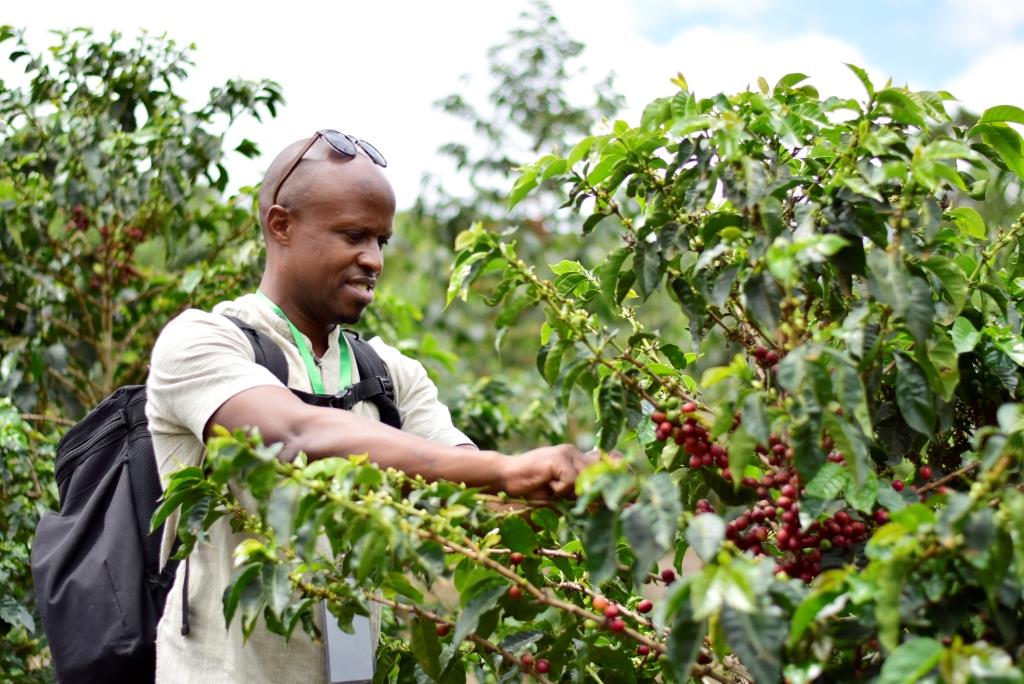
The birth place of coffee is relatively close to Kenya but getting it there was not an easy task and full of bloodshed. The Arabs who controlled coffee enslaved thousands of Kenyan’s where they worked on the coffee plantations in Kenya and Arabia. This was followed by the British settlers around 1900 who quickly assumed control over the country which led to more bloodshed.
To protect their interest the wealthy Europeans banned them from growing coffee, introduced a hut tax and gave them less and less for their labor. The Kikuyu were forced to leave their land and go to the cities in order to survive. This legal slavery of the population continued until the century until the British relinquished control in 1960. Despite all this bloodshed and slavery Kenya coffee has flourished and is among one of the finest cups in the world.
Kenya coffee has a bright acidity and a wonderful sweetness with a dry winy aftertaste. A really good Kenya coffee will also have a black-current flavor and aroma. Some of the worlds finest coffees come from Kenya and as a single origin coffee it wins praise at the cupping table. Kenya has this level of quality through a government-run system that offers rewards to farmers for producing better quality coffee. This policy has lead to steady improvements and consistent improvements in the cups quality. Each lot of Kenya coffee, if it is from a large farm or a small co-op has to undergo rigorous testing for quality by the Coffee Board of Kenya.
Coffee is one of the most important cash crops in Kenya. It is grown in large scale plantations (42,000 ha from 2001-2005) as well as by small scale holders (128,000 ha from 2001-2005) giving a total production of about 50,000 tons annually. The main variety in Kenya is Arabica coffee. The stimulating effect of the coffee beverage is largely derived from the alkaloid caffeine, but cured beans have to be roasted and finely ground to bring out the characteristic coffee aroma. In some producer countries, roasting of locally available coffee in the home is very common and the brew is prepared by pouring hot water over freshly roasted and ground coffee beans.(Courtesy KARLO -Coffee Research Institute)



 ">
">
 ">
">